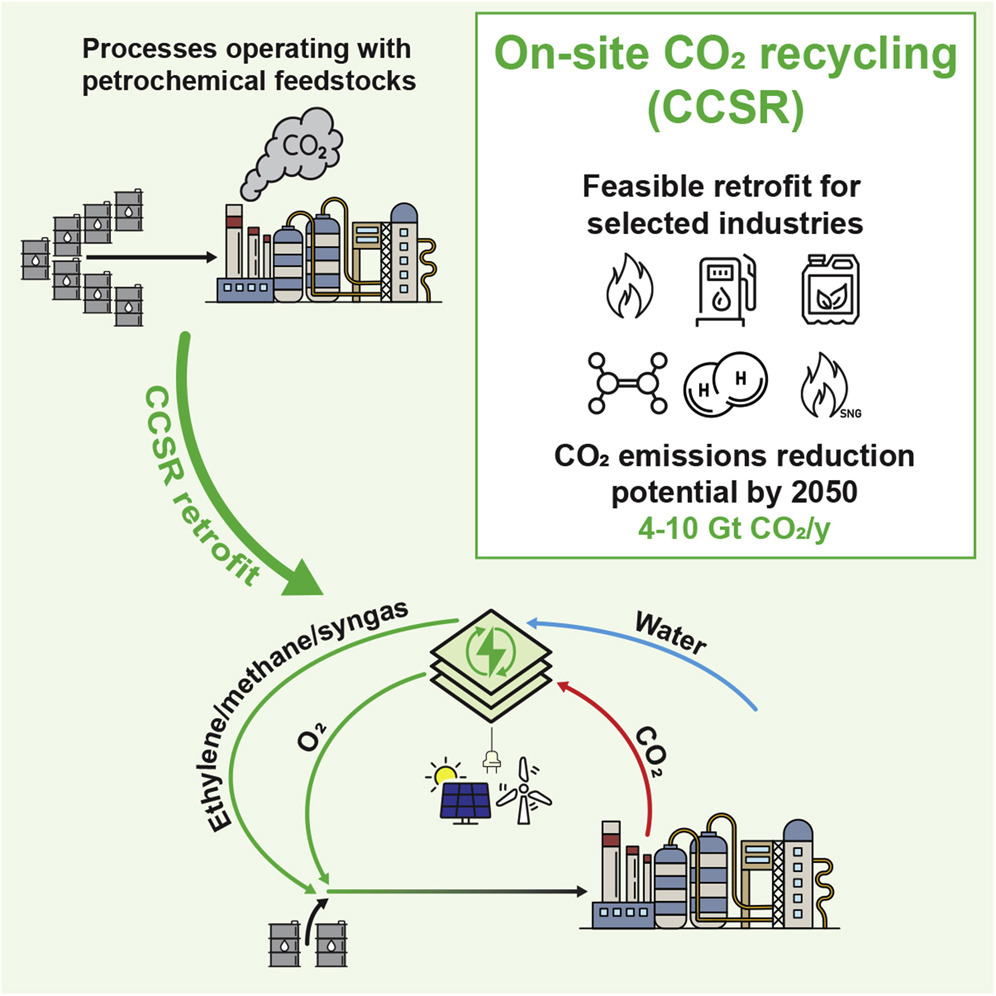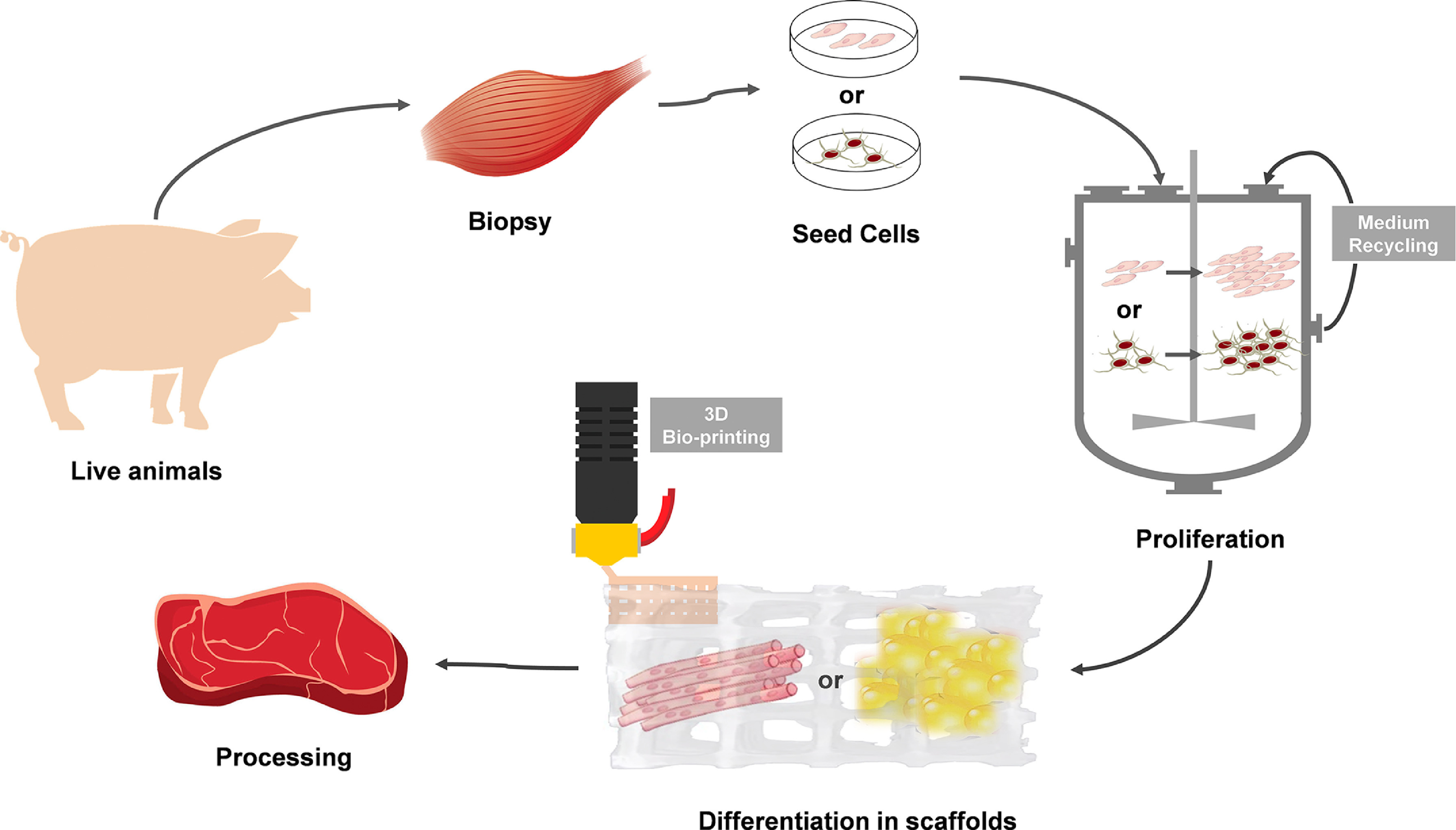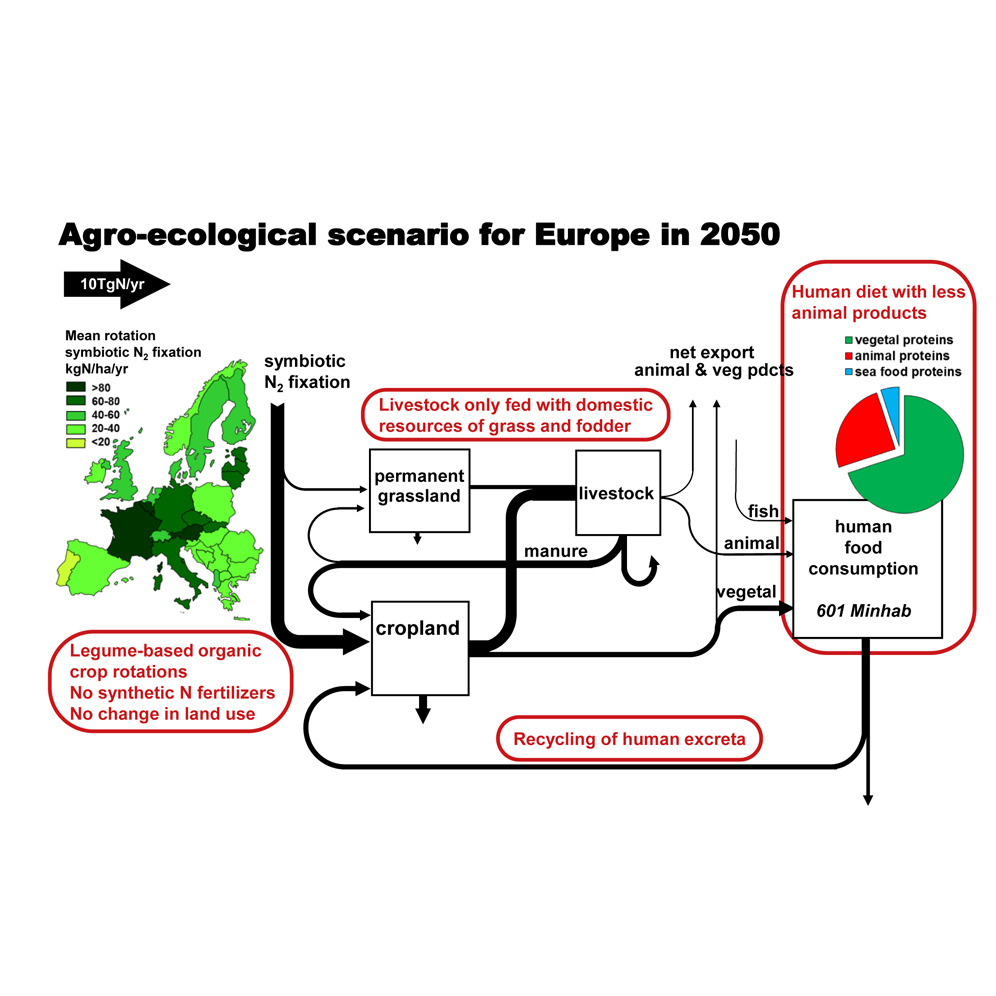Sustainable consumption and production (SCP) is at the core of the United Nations Sustainable Development Goals (SDGs), specifically addressed by SDG 12. This goal aims to "ensure sustainable consumption and production patterns," acting as a cross-cutting theme that feeds into other SDGs such as those related to climate change, poverty, health, and sustainable cities.
SCP involves using services and products in a way that minimizes environmental damage, preserves natural resources, and promotes social equity. The purpose is to decouple economic growth from environmental degradation, which means pursuing economic development in a way that can be sustained by the planet over the long term. SCP requires changes at all levels of society, from individuals to businesses to governments.
At the individual level, SCP implies making lifestyle choices that reduce environmental impact. This might include reducing, reusing, and recycling waste, choosing products with less packaging, and opting for more sustainable forms of transport like cycling or public transport.
For businesses, SCP entails adopting sustainable business models and practices. This could include improving resource efficiency, investing in renewable energy, designing products that are durable and recyclable, and ensuring fair labor practices.
At the government level, SCP involves implementing policies that support sustainable business practices and incentivize sustainable consumer behavior. This might involve regulations to reduce pollution, subsidies for renewable energy, and campaigns to raise awareness about sustainable consumption.
SCP also plays a role in several other SDGs. For example, sustainable production practices can help mitigate climate change (SDG 13) by reducing greenhouse gas emissions. Additionally, by reducing the pressure on natural resources, SCP supports the goals related to life below water (SDG 14) and life on land (SDG 15).
While progress has been made in certain areas, challenges remain in achieving the shift towards SCP. These include existing patterns of overconsumption, limited awareness about the impacts of consumption, and the need for technological innovation to enable more sustainable production.
The chemical industry needs to significantly decrease carbon dioxide (CO2) emissions in order to meet the 2050 carbon neutrality goal. Utilization of CO2 as a chemical feedstock for bulk products is a promising way to mitigate industrial emissions; however, CO2-based manufacturing is currently not competitive with the established petrochemical methods and its deployment requires creation of a new value chain.
Microplastic pollution has sparked interest from researchers, public, industries, and regulators owing to reports of extensive presence of microplastics in the environment, household dust, drinking water, and food, which indicates chronic exposure to organisms within ecosystems and in human living spaces. Although exposure to microplastics is evident, negative effects from microplastics appear to be minimal in most studies on biota, and no risk assessments have been completed for microplastics on human health.



